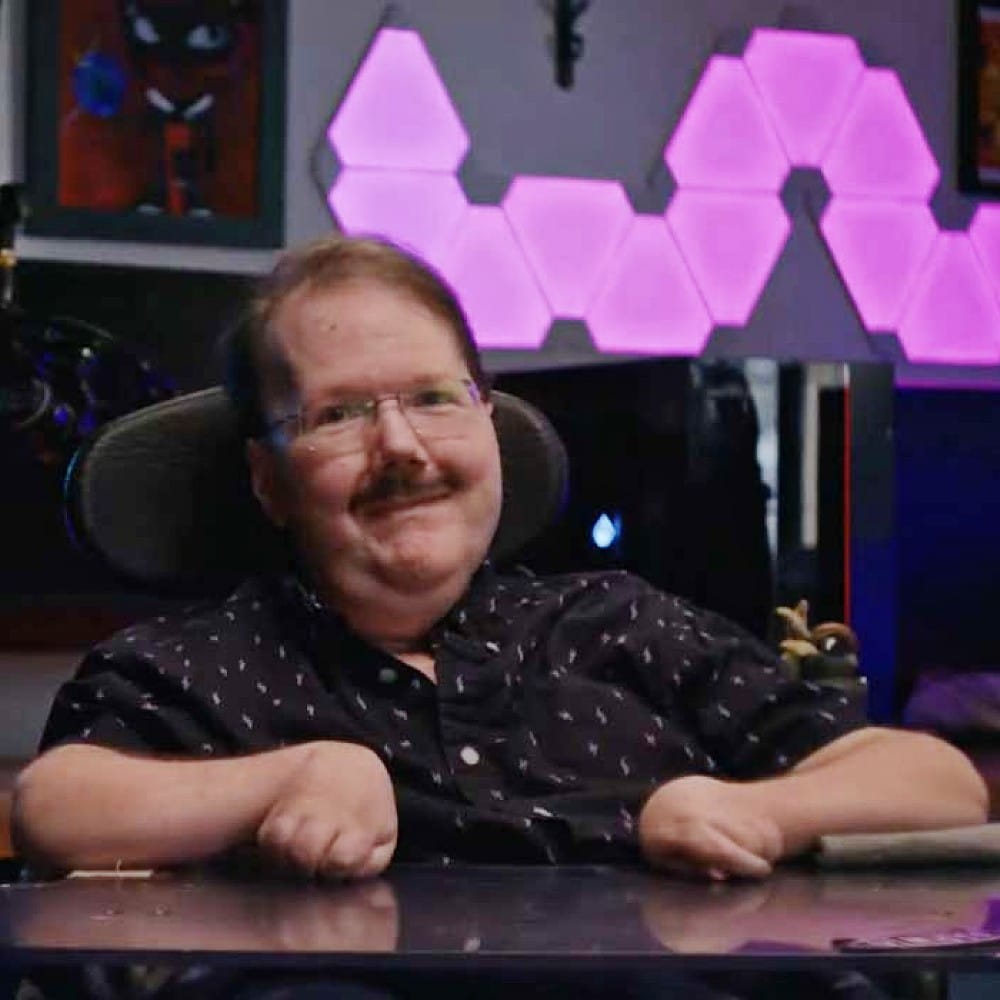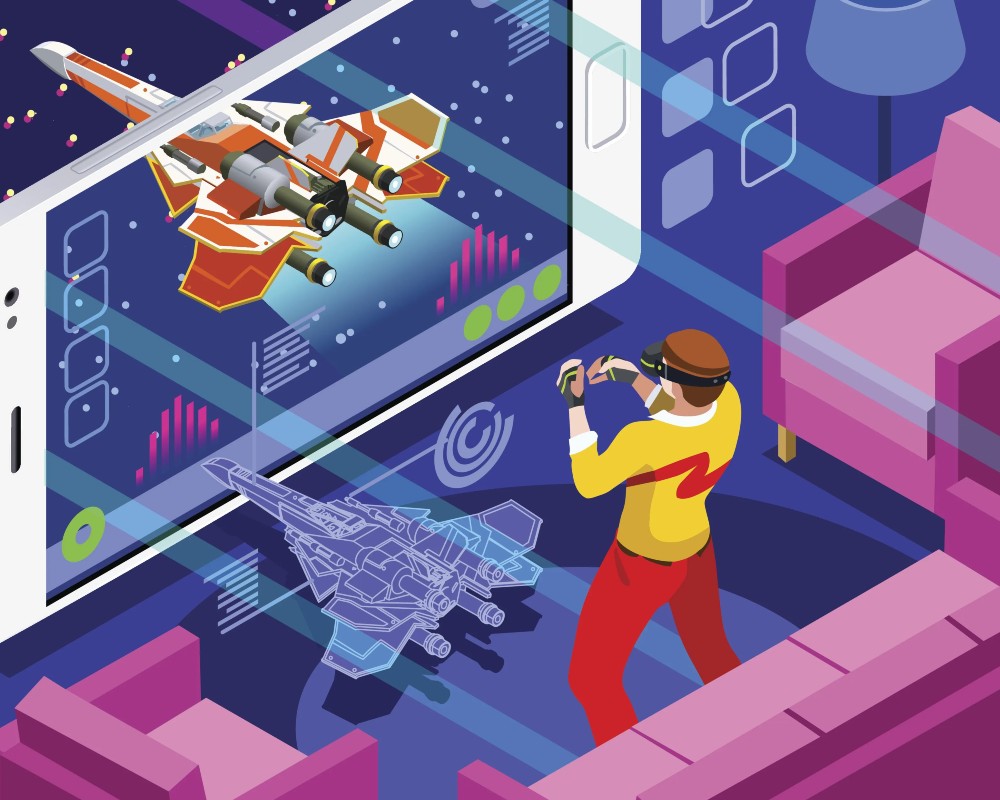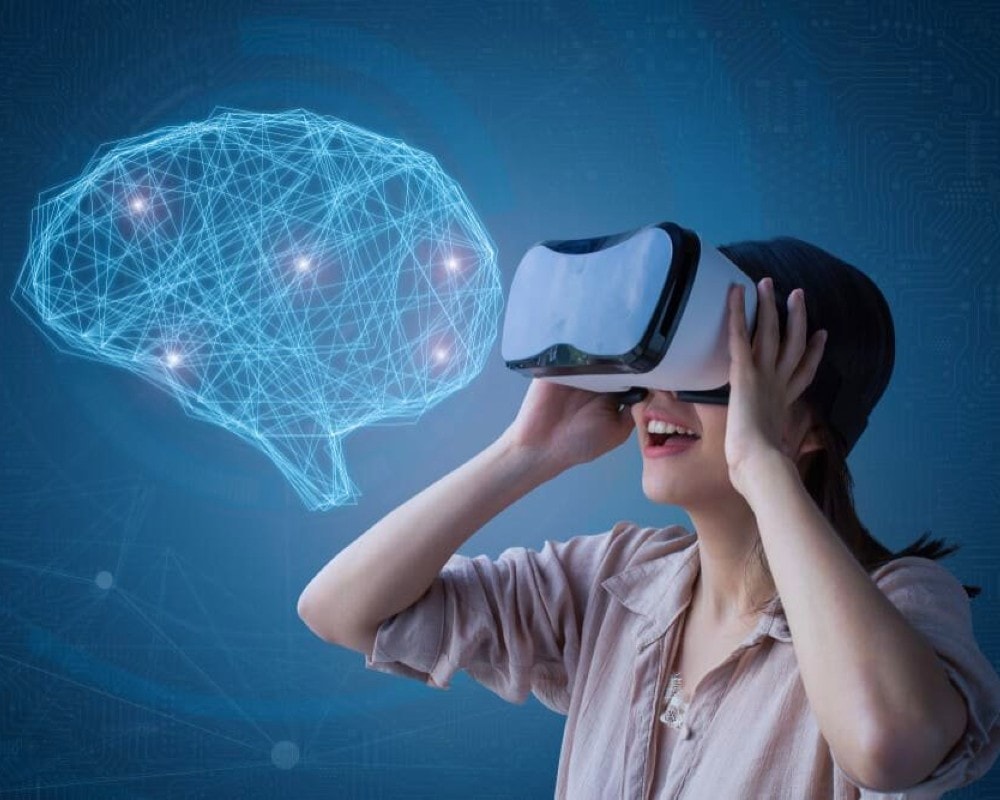
Google’s groundbreaking Project Gameface introduces an innovative AI-powered gaming mouse, enabling players to control the computer cursor through head movements and facial gestures. Inspired by quadriplegic gamer Lance Carr, the open-source and low-cost solution utilizes machine learning to detect faces, recognize facial points, and map gestures to mouse inputs.
Fueling Gameface’s Assistive Capabilities with Machine Learning
Machine learning, a subset of AI, plays a crucial role in Gameface’s success as an assistive tool. Laurence Moroney, AI advocacy lead at Google, emphasizes the broader potential of AI in expanding human capabilities and tackling previously challenging problems. By streamlining technical processes, AI empowers developers to allocate more time to creating innovative accessibility solutions, thereby fostering inclusivity in gaming.
AI-Driven Enhancements in Gaming Accessibility

Real-time text-to-speech, speech-to-text, and image recognition demonstrate AI’s transformative impact on gaming accessibility. Conor Bradley, creative director of Soft Leaf Studios, envisions a future where powerful AI tools enhance accessibility across the industry. Emphasizing player involvement, developers actively engage disabled and neuro-diverse communities to create effective accessibility solutions.
Balancing AI and Human Input
While AI offers promise in bolstering accessibility in the gaming world, developers must be cautious not to prioritize AI over human input. Conor Bradley urges developers to seek valuable feedback from players and to acknowledge that. Because, at the end of the day, human interaction remains essential in crafting accessible games.
AI for the Future and Overcoming Challenges

As AI progresses in gaming, Minecraft Access is another example of AI-assisted accessibility. Implementing a suite of AI tools, including ChatGPT and Google’s TensorFlow, Minecraft Access aims to make the game accessible to blind and visually impaired game players, with the breakthrough potential for innovative personalized adaptations. While AI holds promise in expanding accessibility in gaming, careful implementation and transparency are essential. Striking the right balance between AI-driven solutions and human feedback will be crucial in fostering an inclusive gaming landscape that caters to a wider spectrum of players.